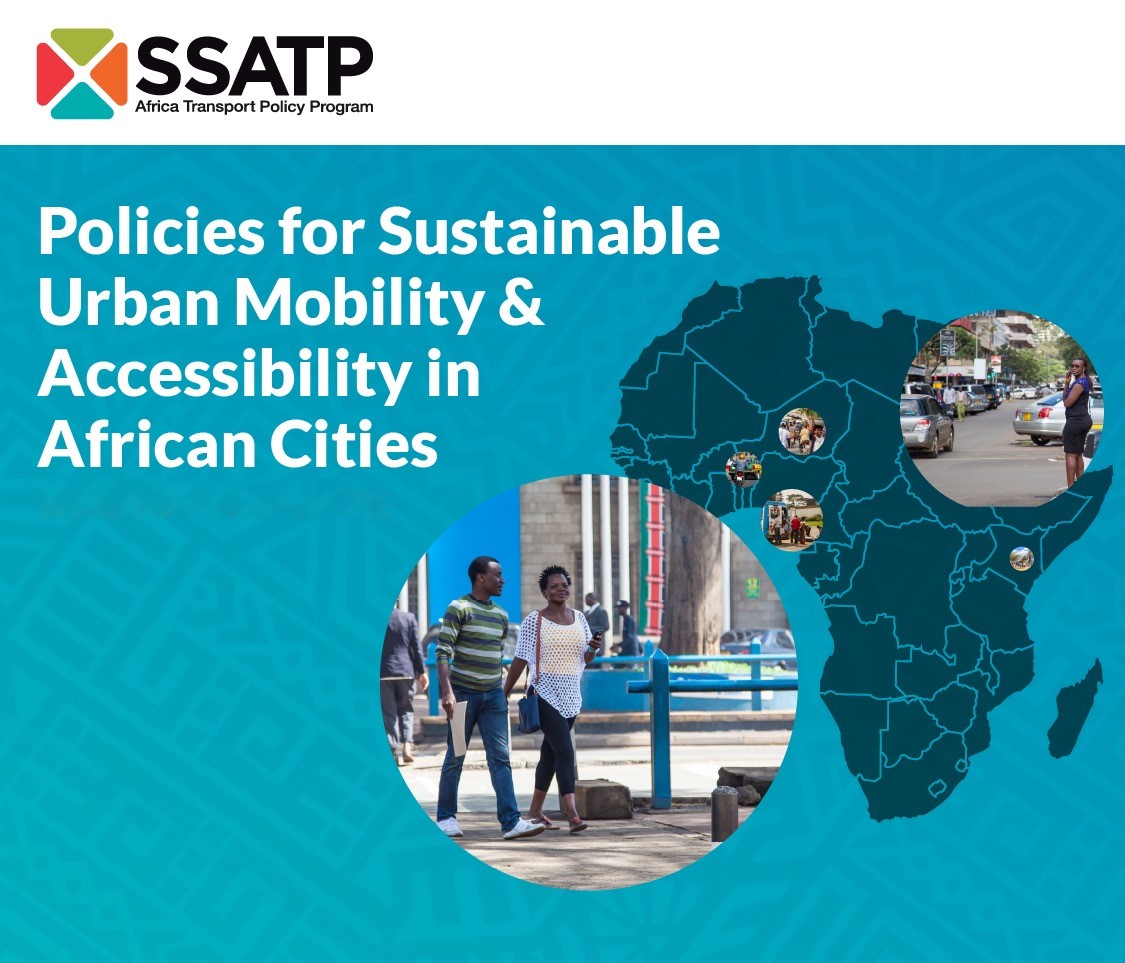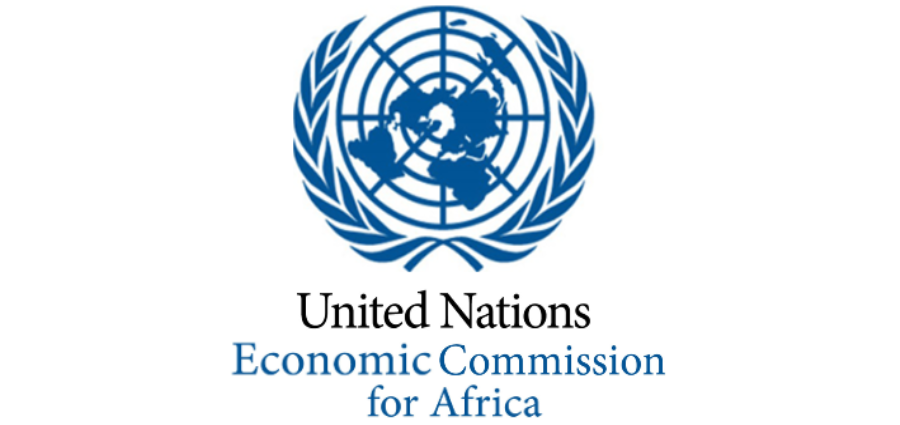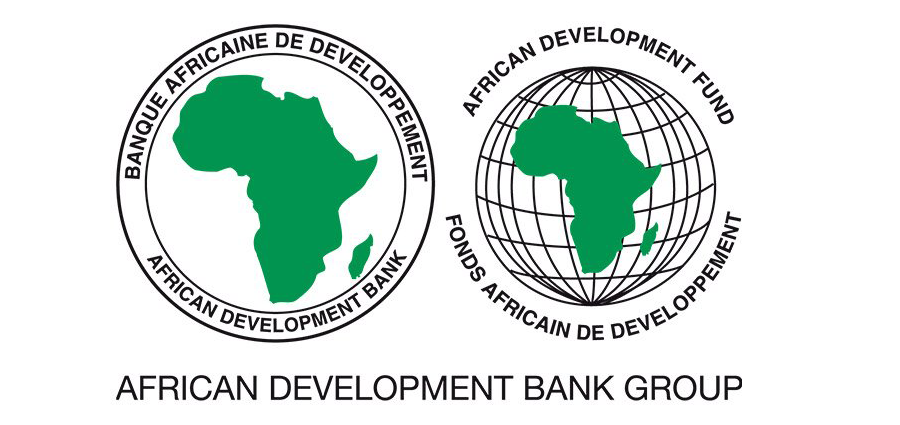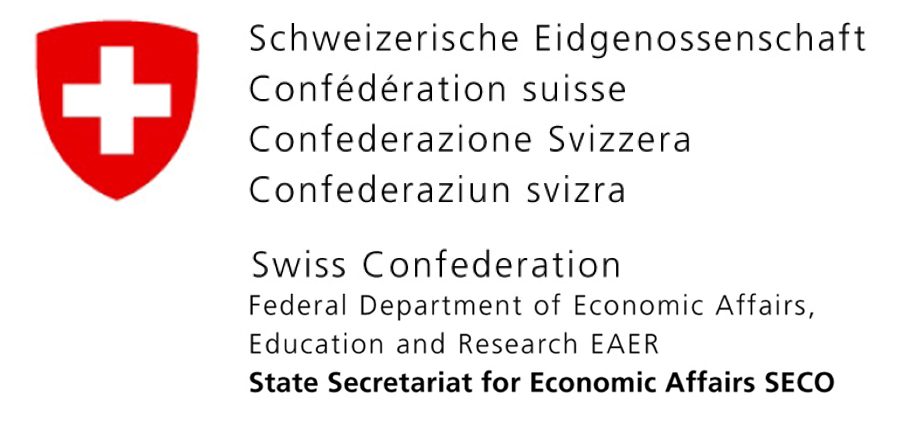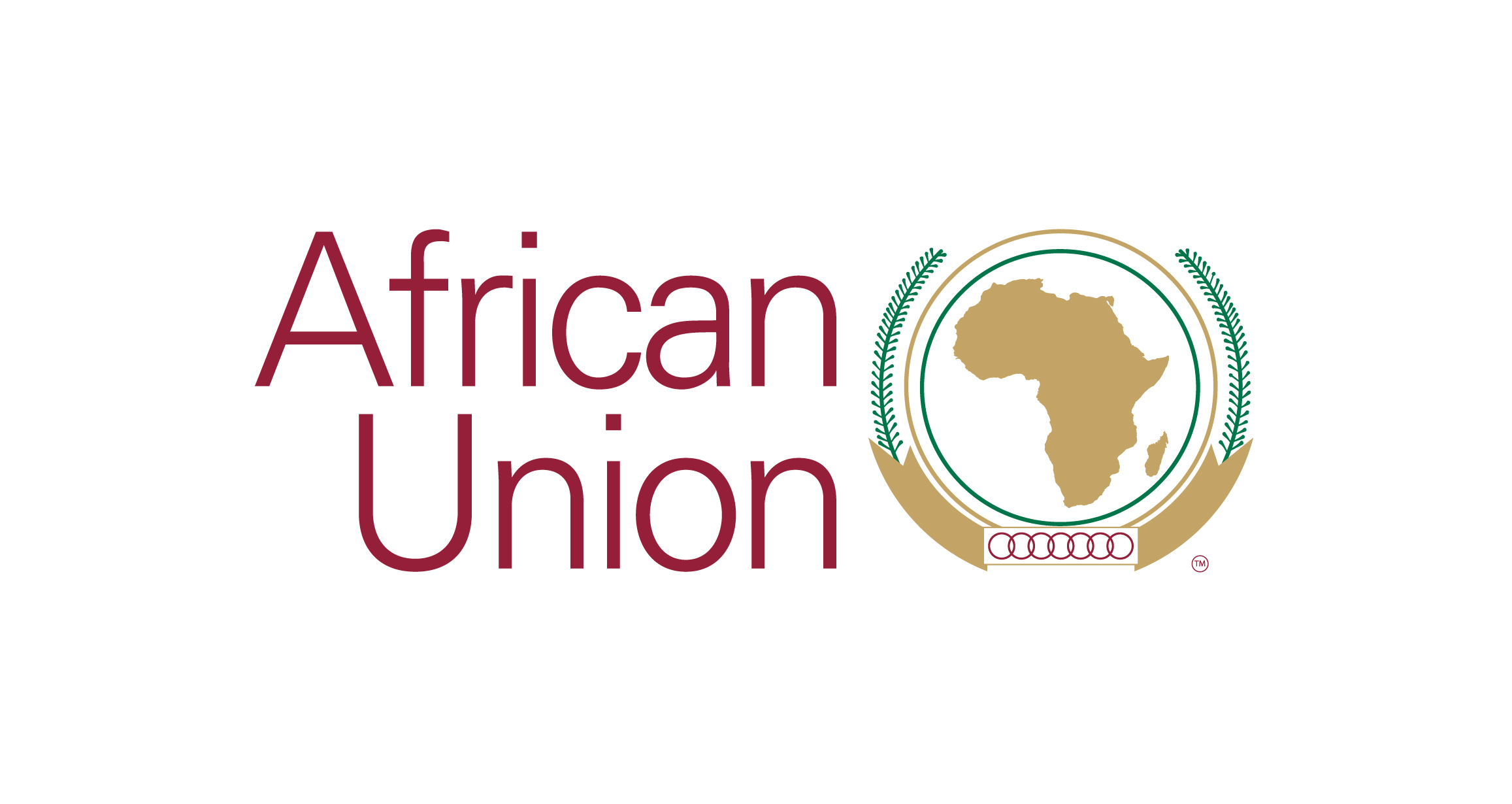Policies for Sustainable Urban Mobility & Accessibility in African Cities : Policy/Strategy Papers and Diagnostic Studies for 12 Pilot Countries
With the goal of mainstreaming an integrated approach to sustainable urban transport and mobility management in African cities, leveraging the EASI framework, SSATP’s Urban Transport and Mobility (UTM) pillar carried out diagnostic studies in the main urban areas of twelve pilot countries:
UTM Policy/Strategy Papers and Diagnostic Studies
Country |
Policy / Strategy Papers |
Diagnostic Studies |
|
|
1 |
Benin |
EN / FR | |
|
2 |
Burkina Faso |
||
|
3 |
Côte d’Ivoire |
||
|
4 |
Ethiopia |
||
|
5 |
Ghana |
||
|
6 |
Guinea |
||
|
7 |
Kenya |
||
|
8 |
Mali |
EN / FR | |
|
9 |
Nigeria |
||
|
10 |
Rwanda |
||
|
11 |
Senegal |
||
|
12 |
Togo |
EN / FR |
To facilitate cross-country comparisons and the exchange of good practices, a similar methodology was used in all of the UTM diagnostic studies, which consisted of field visits, interviews with key decision-makers and technical experts, and a deep dive analysis of documents stipulating the institutional setups and regulatory environment for urban transport management. Six thematic areas framed the priority policy areas of the studies:
- Strengthening the institutional framework for urban transport management,
- Creating funding sources dedicated to the management of urban transport,
- Promoting the effective participation of civil society in urban transport management,
- Improving multi-modal planning and traffic operations in city centers,
- Improving the performance of public transport and reforming paratransit transport systems,
- Organizing and implementing national government assistance for the management of urban transport in secondary cities.
To discuss, share, and mobilize support for the findings, analysis and policy recommendations of the UTM diagnostic studies, SSATP organized a series of technical and high-level national urban mobility forums in the pilot countries. The forums provided a rich opportunity to review the proposed recommendations with key stakeholders. In fact, one of the main outcomes of all the forums was the launch of national platforms for policy dialogue encompassing all actors involved in urban transport management in each country.
Key Findings and Policy Recommendations from the UTM Pilot Studies
Key Findings |
Policy Recommendations |
|
|
Going forward, a big factor determining the activity’s success will be how effectively African governments can be mobilized to adopt the recommended actions aimed at informing the development of integrated UTM management plans in Africa. With this goal in mind, SSATP will not only engage in strong advocacy and knowledge dissemination activities but also work in close collaboration with key stakeholders to mobilize their support for applying these guidelines in their countries.
